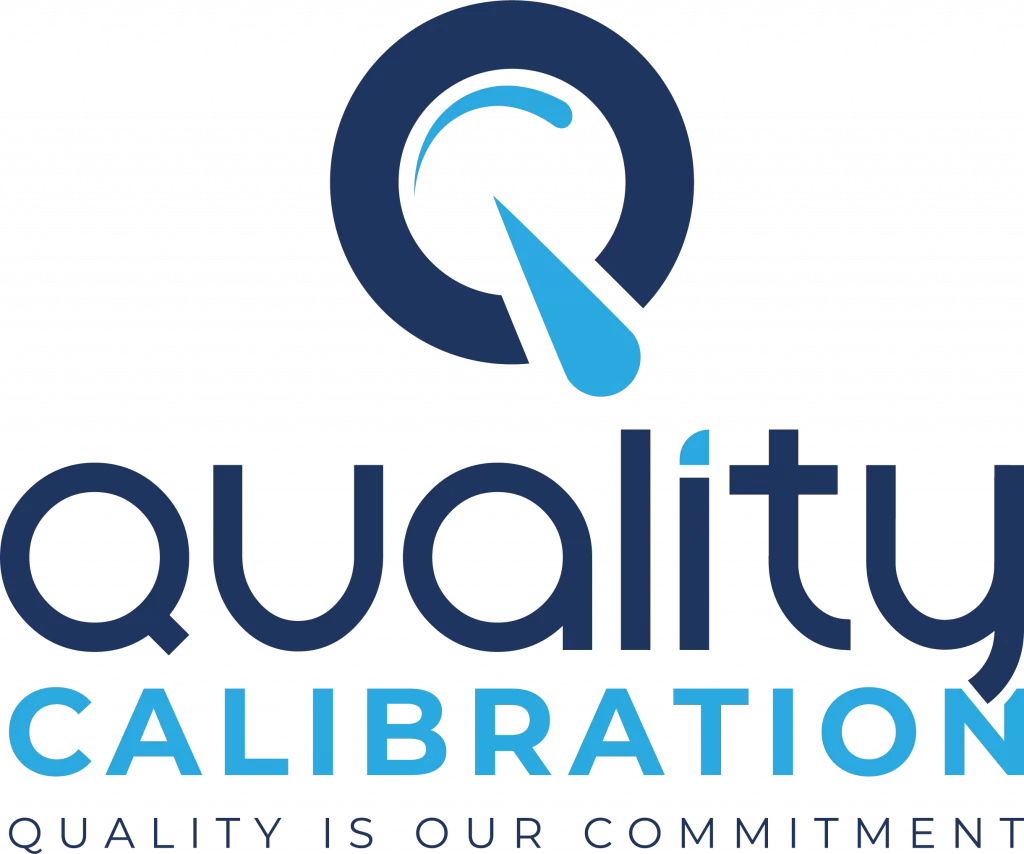Calibration certification plays a crucial role in various industries, ensuring the accuracy and reliability of measurement instruments and equipment. This certification process involves a series of tests and adjustments to ensure that the devices provide precise and consistent results. In this comprehensive guide, we will delve into the significance of calibration certification, its benefits, and why it is essential for businesses and consumers alike.
What is Calibration Certification?
Calibration certification is a formal process of verifying and validating the accuracy of measuring instruments and equipment. It involves comparing the measurements taken by a device against a known reference standard. The goal is to determine if the device’s readings are within acceptable tolerances and if not, making necessary adjustments to bring it back into alignment with the standard.
The Importance of Calibration Certificate
Calibration certification is a critical process that plays a pivotal role in various industries, ensuring the accuracy, reliability, and compliance of measurement instruments and equipment. Let’s explore in further detail why calibration certification is of utmost importance:
1. Ensuring Accuracy
Accurate measurements are the foundation of many industries, including manufacturing, aerospace, healthcare, and more. Calibration certification guarantees that the measurement instruments used in these fields provide precise and reliable readings. This level of accuracy is essential for the following reasons:
- High-Quality Products: In manufacturing, precise measurements are crucial for producing high-quality products. Calibration certification ensures that products meet strict specifications, reducing defects and enhancing overall quality.
- Conducting Research: In research and scientific experiments, accuracy is paramount. Calibration certification ensures that data collected is dependable and can be used to draw accurate conclusions.
- Safety: In industries like healthcare and aviation, accurate measurements are essential for ensuring safety. Calibration certification helps maintain the accuracy of medical devices and aircraft instruments, minimizing the risk of errors and accidents.
2. Compliance with Standards and Regulations
Many industries are subject to stringent regulations and standards imposed by government bodies or industry organizations. Calibration certification helps businesses comply with these requirements by ensuring that their equipment meets the necessary accuracy levels. Failure to comply with these standards could lead to severe consequences, including:
- Product Recalls: In sectors like pharmaceuticals and food production, non-compliance may result in the recall of defective products, leading to financial losses and reputational damage.
- Legal Liabilities: In industries where safety is critical, such as aviation, non-compliance with calibration standards may result in legal liabilities if accidents occur due to inaccurate measurements.
- Reputational Damage: Businesses that fail to meet calibration standards may suffer reputational damage, impacting their relationships with customers, partners, and stakeholders.
3. Enhancing Product Quality
Calibration certification is vital in manufacturing processes to ensure the highest product quality. By maintaining accurate measurements throughout production, businesses can achieve the following benefits:
- Reduced Defects: Accurate measurements help identify and correct defects early in the production process, leading to fewer defective products reaching the market.
- Consistency: Calibration certification ensures that measurements remain consistent across production batches, leading to standardized and reliable products.
- Customer Satisfaction: High-quality products lead to increased customer satisfaction, loyalty, and positive brand perception.
4. Preventing Costly Errors
In precision-dependent industries like construction or engineering, even small measurement errors can have significant consequences. Calibration certification helps prevent costly errors by:
- Identifying Deviations: Calibration tests identify any deviations in the measurement instruments, allowing businesses to address them promptly.
- Rework Reduction: By catching errors early, calibration certification helps businesses avoid expensive rework and project delays.
- Precision in Critical Projects: In critical projects where precision is paramount, calibration certification ensures that measurements are accurate, mitigating potential risks and financial losses.
5. Supporting Data Integrity
In research and laboratory settings, data integrity is fundamental for drawing accurate conclusions and making informed decisions. Calibration certification supports data integrity by:
- Ensuring Reliable Measurements: Accurate calibration of instruments ensures that data collected is dependable and free from measurement errors.
- Validating Research Findings: Accredited calibration helps validate research findings, increasing the credibility of scientific studies.
- Regulatory Compliance: In regulated industries, reliable data is essential for complying with government or industry-specific guidelines.
6. Extending Equipment Lifespan
Regular calibration not only ensures accurate measurements but also helps detect potential issues and wear in measurement instruments. This proactive approach to equipment maintenance offers several advantages:
- Early Problem Detection: Calibration tests may reveal potential issues before they become major problems, allowing for timely maintenance or repairs.
- Optimal Performance: Well-calibrated equipment operates at its best, leading to improved efficiency and productivity.
- Cost Savings: Detecting and addressing equipment issues early can extend its lifespan, reducing the need for frequent replacements and saving money in the long run.
The Calibration Certification Process
The calibration certification process involves several essential steps:
1. Selecting Accredited Calibration Laboratories
Choosing reputable and accredited calibration laboratories is the first step. Accredited labs follow strict guidelines and procedures, ensuring the highest standards of calibration.
2. Preparing the Equipment
Before calibration, the equipment must be properly cleaned and inspected. Any damages or malfunctions should be addressed before proceeding with the certification process.
3. Conducting Calibration Tests
During calibration, the equipment is compared against a reference standard. The test involves taking multiple measurements at various points to determine the device’s accuracy and identify any deviations.
4. Making Adjustments
If the equipment fails to meet the required accuracy, adjustments are made to bring it back into compliance. These adjustments are carefully recorded for future reference.
5. Issuing Calibration Certificates
Upon successful calibration, the lab issues a calibration certificate. This document contains detailed information about the equipment, the calibration process, the results, and any adjustments made.
Choosing the Right Calibration Service Provider
When seeking calibration certification services, consider the following factors:
1. Accreditation and Expertise
Look for calibration laboratories accredited by reputable organizations. Check the lab’s expertise and experience in calibrating equipment relevant to your industry.
2. Traceability
Ensure that the calibration process follows traceable standards back to the International System of Units (SI) or other recognized national standards.
3. Calibration Frequency
The calibration frequency varies depending on the type of equipment and its usage. Discuss with the calibration service provider to determine the appropriate calibration interval for your instruments.
4. Documentation and Compliance
The calibration certificate should be comprehensive and comply with relevant industry standards. It should include all the necessary details about the calibration process and the equipment’s performance.
Learn more about Calibration Certificate.
Bottom Line
Calibration certification is a critical process that ensures the accuracy, reliability, and compliance of measurement instruments and equipment across various industries. By investing in calibration, businesses can enhance their product quality, adhere to regulations, prevent costly errors, and ensure data integrity. Choosing accredited calibration laboratories and maintaining regular calibration schedules are essential steps in guaranteeing the optimal performance of measurement equipment. Embracing calibration certification as a standard practice can lead to improved efficiency, reduced costs, and increased customer satisfaction.

Md. Hasan Ibrahim is a Technical Manager at Quality Calibration with extensive experience in the calibration sector since 2015. Holding a Bachelor of Science degree in Mechanical Engineering from Khulna University of Engineering & Technology (KUET), he has received training from various national and international organizations including CSIR-CMERI, QSI, BAB, NML-BSTI, memmert, and X-rite. With expertise in ISO/IEC 17025 assessment, method validation, metrological traceability, and uncertainty, he has successfully completed numerous calibration projects across diverse industries such as pharmaceuticals, food & beverage, oil & gas, textiles & garments, power plants, batteries, chemicals, hospitals & healthcare, and private universities.


